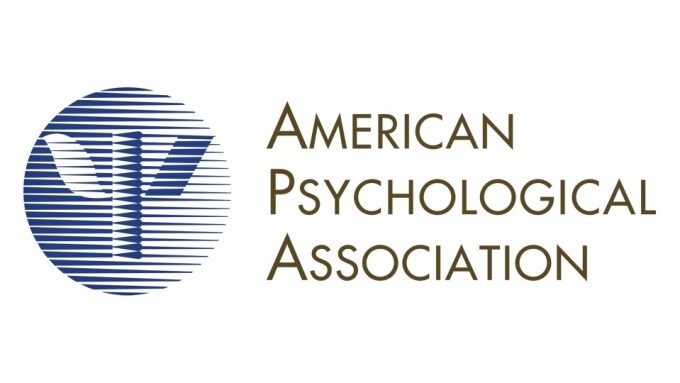LOS ANGELES — A recent report by the American Psychological Association reveals how some people are led to believe that they are “addicted” to pornography despite having low or average occurrences of viewing porn.
Originally published in the Journal of Abnormal Psychology, the report, “Religious, Moral Beliefs May Exacerbate Concerns About Porn Addiction,” condensed a pair of studies of 3,500 participants, with the research team finding that a person’s moral or religious beliefs may directly influence their feelings about porn use, causing internal feelings of guilt and shame that can complicate actual diagnosis of compulsive sexual behavior disorder (CSBD), a mental condition that includes “porn addiction and detrimental sexual behaviors such as patronizing prostitutes.”
The study is a follow up to a 2014 report by Case Western Reserve University that found “people who consider themselves very religious and view internet porn even once may perceive they are addicted.”
“Self-reported addiction to pornography is probably deeply intertwined with religious and moral beliefs for some people,” said Joshua B. Grubbs, Ph.D., the report’s lead researcher and assistant professor of psychology at Bowling Green State University. “When people morally disapprove of pornography but still use it anyway, they are more likely to report that pornography is interfering with their lives.”
The report found that, “people who viewed pornography and believed pornography is morally wrong were more likely to report that they were addicted to porn than those who didn’t find porn use to be morally objectionable. Participants who reported they were religious or who regularly attended religious services were more likely to believe they were addicted to porn, even if their porn use was the same as less religious participants who didn’t believe their porn use was a problem.”
The result is that “increases in feelings of moral disapproval of pornography corresponded to increases in feelings of addiction to pornography,” further contributing to the confusion over claims that porn is addictive.
“We are not suggesting that people need to change their moral or religious beliefs, but it’s not helpful for someone with a low or normal amount of porn use to be convinced that they have an addiction because they feel bad about it,” Grubbs explained. “However, if someone wants to reduce their porn use because it causes distress, then therapists should work with them in a non-judgmental way that doesn’t induce shame.”
The report calls for mental health professionals to ensure that their personal biases do not cause inaccurate diagnoses of patient’s problems. For example, therapists have been found to avoid diagnosing LGBTQ patients with CSBD, “while religious therapists are more likely to view porn use as addictive and evidence of mental illness.”
Grubbs noted that some folks may seek treatment for CSBD despite not having this condition, requiring clinicians to use more objective measures to diagnose CSBD, “such as [a patient’s] failed attempts to stop using porn or impairment in job or family duties caused by porn use.”
“Just like cultural sensitivity is needed for any diagnosis,” Grubbs concluded, “CSBD will require that clinicians and therapists be aware of and sensitive to the unique aspects of themselves and their clients that might influence how symptoms should be addressed.”
The full report is available here.








